The Benefits of Creative Writing for Wellbeing
Life can feel busy and overwhelming, and it’s easy to lose touch with how we really feel. Writing is a simple but powerful way to slow down, clear your mind, and look after your mental health. You don’t have to be a “writer” – just putting your thoughts on paper can help you feel calmer and more connected to yourself.
Expressing feelings in writing can be cathartic and productive, much as it is in talking therapy. But how does this work? What are the benefits of using creative writing for wellbeing? Here are six reasons why writing is so good for your wellbeing.
To understand yourself better
Sometimes I find out what I feel as I write about it. I often don’t know what I’m going to write, when I begin. But as I get going, the feelings and thoughts and reflections begin to flow, one thing leads to another, the pen moves almost without my guidance. Stuff comes forth that I didn’t quite know was there, until I wrote it.
To externalise pain
Writing can be a kind of expurgating, pouring forth, getting it out. It can be done through journaling, or writing a letter that is never sent, or writing a list of all the things on your mind at 3 o’clock in the morning. There is value in getting problems out of your system, onto the page. Even if the page is not kept, and no one reads it, it still brings relief. Articulating difficult experiences can release the pressure that builds when we keep things inside.
To share experience
You may choose not to share what you write, of course. But in a writing group, or with a therapist, or even with trusted friends or family, writing can be a way to communicate your experience. And sharing it invites another person to respond, which can be validating, powerful and transformative.
Even sharing it with yourself alone is beneficial, because you understand something differently: both when you write it, and when you read your own writing.
To change perspective
An experience changes in the writing of it. It is hard to explain how or why this happens – that can be another blog post! But, by putting it on the page, you cannot fail to come to a different understanding of it.
There are ways of doing this more deliberately: by writing in the third person or writing about an experience through the eyes of someone who witnessed it. Writing empathically, from another person’s perspective, can be insightful.
To create
Writing about an experience can give it another purpose. In the writing, a painful experience becomes source material for creativity. And the story or poem thus created can be a source of pride, even if the original experience was deeply unwelcome.
To gain relief
Creativity uses the right brain and can take us out of logical thought into a state of flow. There is something therapeutic about selecting just the right word to capture a feeling; or fitting words and syllables to the structure of a poem. The prescriptiveness, paradoxically, can be freeing. This process of creating is absorbing and rewarding and therefore moves us on from the source of the pain. Something is changed, in this process.
For all these reasons, writing can be beneficial; for private use, in individual therapy, or in a writing for wellbeing group.
Find out more about my Writing for Wellbeing services here.
‘To practice any art, no matter how well or badly, is a way to make your soul grow. So do it.’ –Kurt Vonnegut


